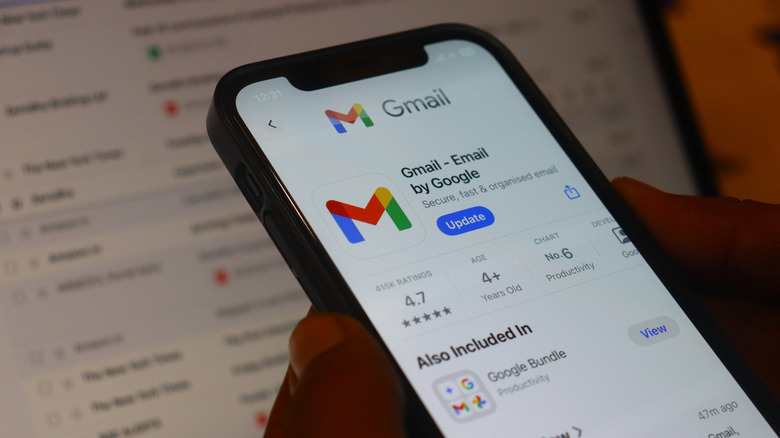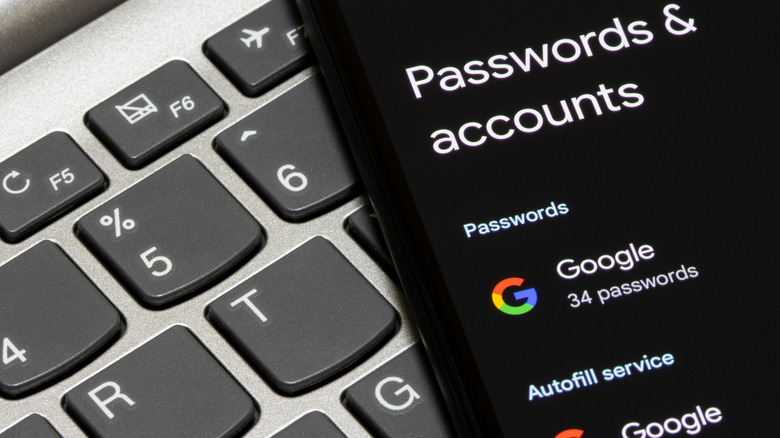Google’s suite of software has become integral to daily life, with Gmail at the forefront of this digital ecosystem. Originally launched as an April Fool’s Day prank, Gmail has evolved into one of the most widely used email services globally. Other platforms like Google Photos, Docs, Maps, YouTube, and Chrome seamlessly integrate with Gmail, emphasizing the importance of maintaining a secure Google Account. A significant portion of an individual’s digital identity is often tied to their Gmail account, heightening the stakes for cybersecurity vigilance.
The convenience of a unified Google account means that a breach of one service can jeopardize access to all linked services, presenting a potential single point of failure. As such, users must take measures to protect their Gmail credentials from unauthorized access. Despite proactive security practices, data breaches are rampant, putting users at risk of password compromise without any wrongdoing on their part. This article outlines effective methods to ascertain whether your Gmail password has been exposed during data leaks.
Using Google’s Password Checkup Tool
To determine if your Gmail password has been compromised, Google offers a straightforward solution through its Password Checkup tool. Navigate to the Password Checkup page and select the “Check Passwords” option, directing you to a login portal requiring your Gmail credentials for verification. Upon successful login, Google performs a rapid scan, identifying any compromised passwords linked to your account.
If any vulnerabilities are detected, a list of affected websites will appear, allowing you to pinpoint whether your Gmail credentials are at risk. To enhance security, those flagged should utilize the “Change password” option, directing you to a password reset page where you can establish a more secure password promptly. In addition, users are encouraged to implement further protective measures, such as two-factor authentication, to bolster their Gmail account security.
Third-Party Tools for Assessing Compromised Passwords
For users managing multiple Gmail accounts, several third-party websites provide a quick means to check if passwords have been compromised. Notable options include Have I Been Pwned, Avast Hack Check, LeakCheck, ScatteredSecrets, and F-Secure Identity Theft Checker. These platforms require users to input their Gmail address and initiate a search to determine if their credentials have been exposed in data breaches.
Furthermore, password managers such as Dashlane, 1Password, Bitwarden, and NordPass often feature built-in breach detection tools. By navigating to the password breach checker within these applications, users can swiftly verify the security status of their Gmail credentials. Regardless of selected methods, immediate action is crucial upon discovering any compromised passwords to minimize the risk of unauthorized access and protect sensitive data.


